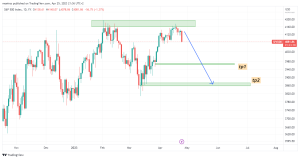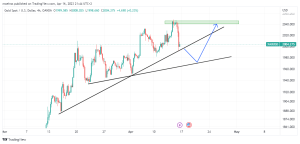Biases have an impact on trade since they are, by definition, a preconceived personal preference for one product over another. As a result, they can stymie your decision-making and cause you to act on instinct rather than reasoned core analysis. Traders must be aware of their cognitive biases in order to overcome them.
Bias can be classified into 4 types
Fallacy of the gambler
The gambler’s fallacy is described as an incorrect perception that a specific event is less likely or more likely to occur as a result of prior occurrences when it has been proved that the probability of such events occurring does not depend on previous events. In such a circumstance, a trader may believe that because a particular currency has been rising in value, the trend will continue.
Negativity bias
Makes you more likely to focus on the bad aspects of a deal rather than recognizing what went right. This could mean abandoning an entire approach when you only needed to tweak it little to generate a profit.
The term “status quo bias“( emotional bias)
Refers to the tendency to adhere to established strategy or trades rather than trying new ones. The risk emerges when you fail to evaluate whether those old tactics are still feasible in today’s market.
Confirmation bias
When you seek out or give more weight to news and analysis that confirms your pre-conceived opinions, this is known as confirmation bias. It’s also possible that you don’t look for material that contradicts your beliefs, or that you ignore it.




